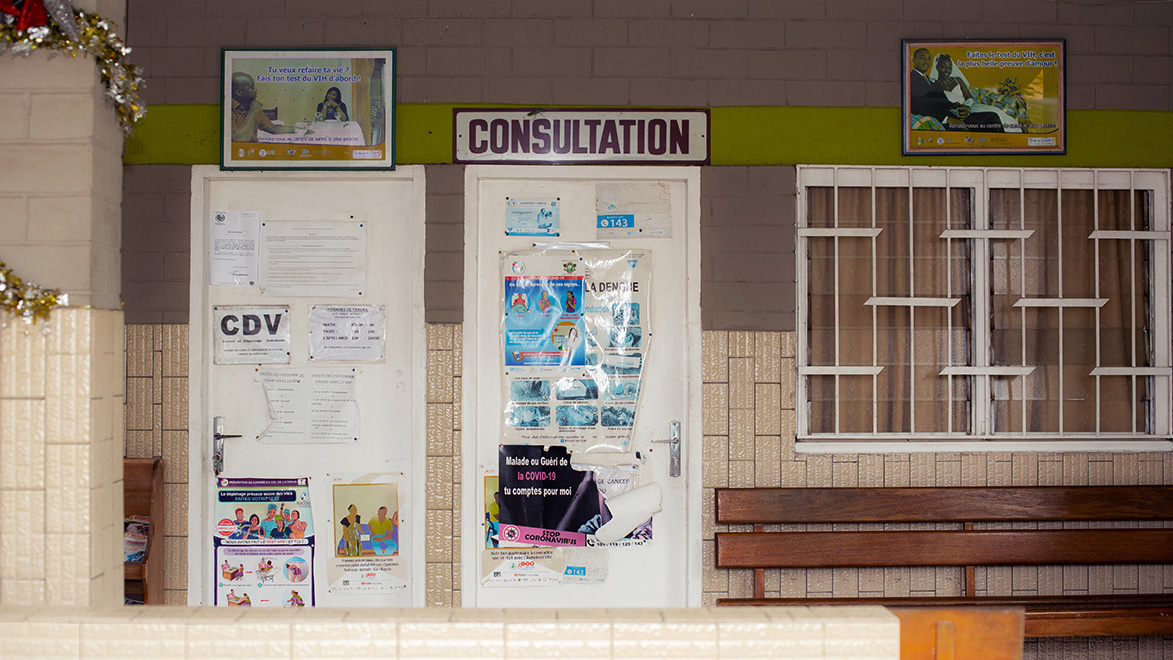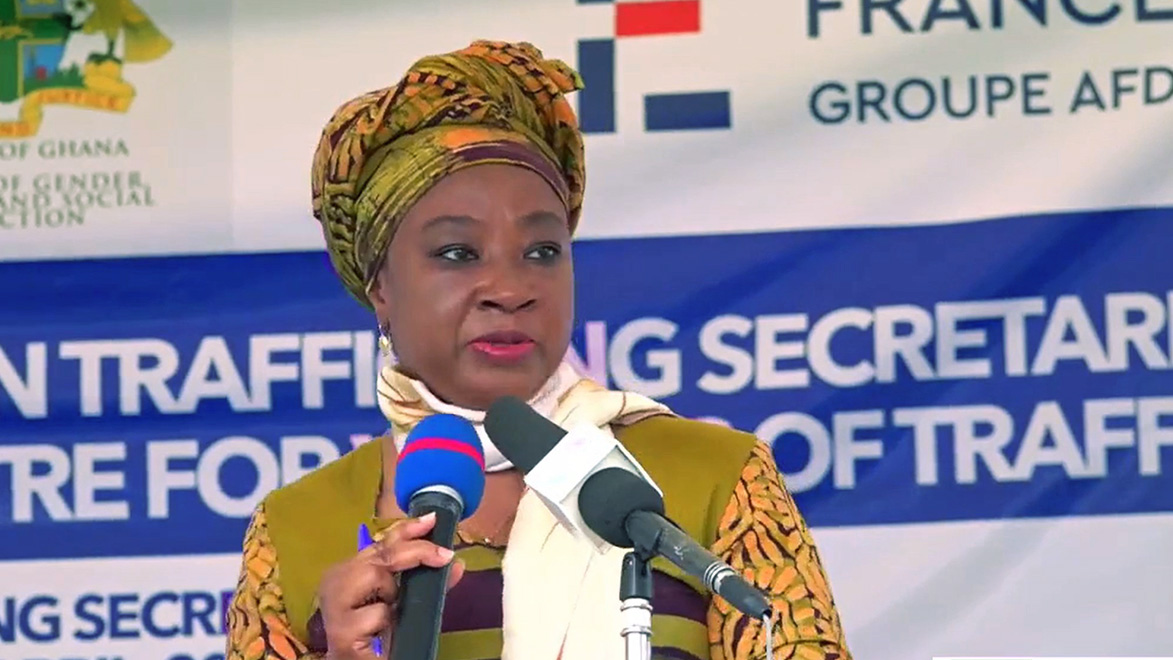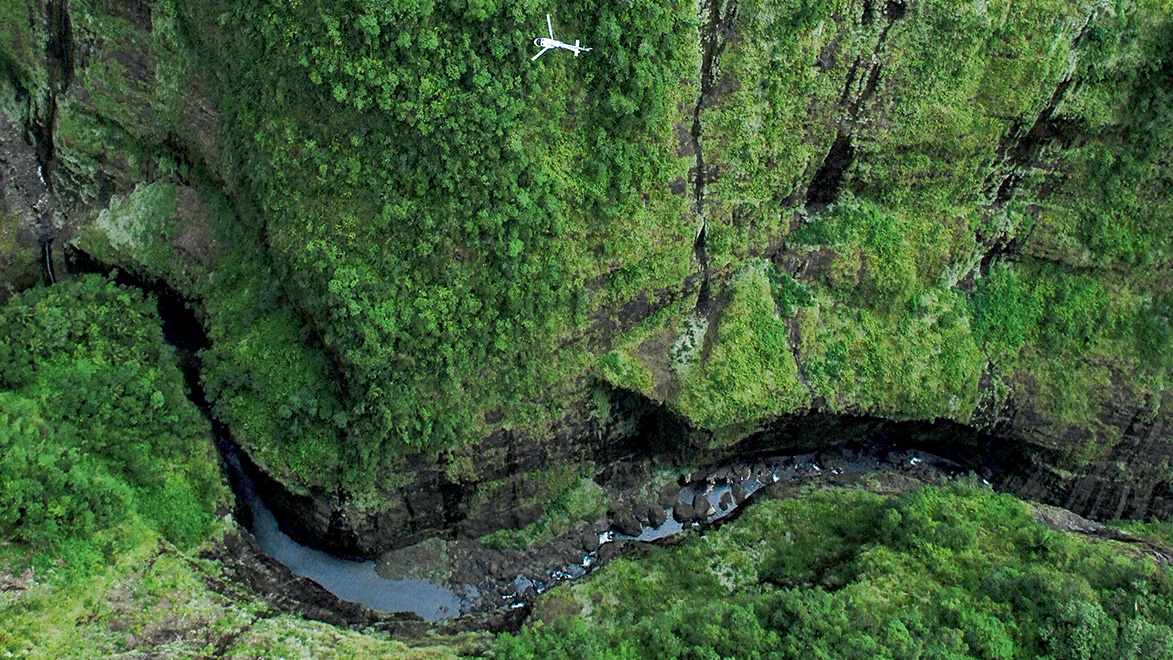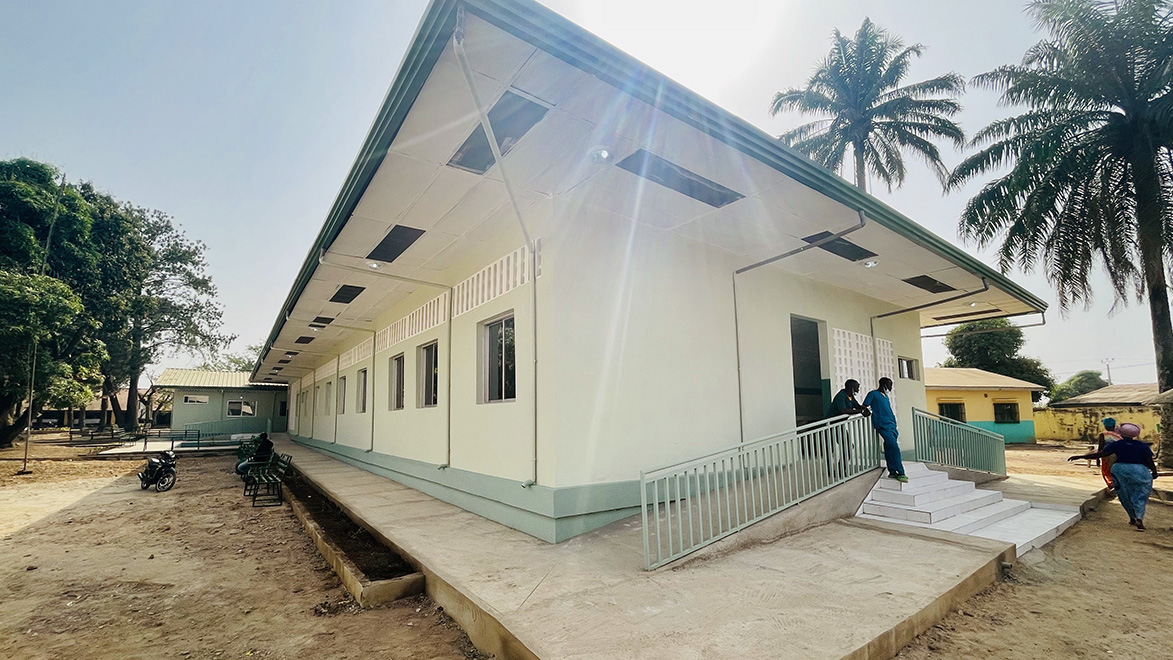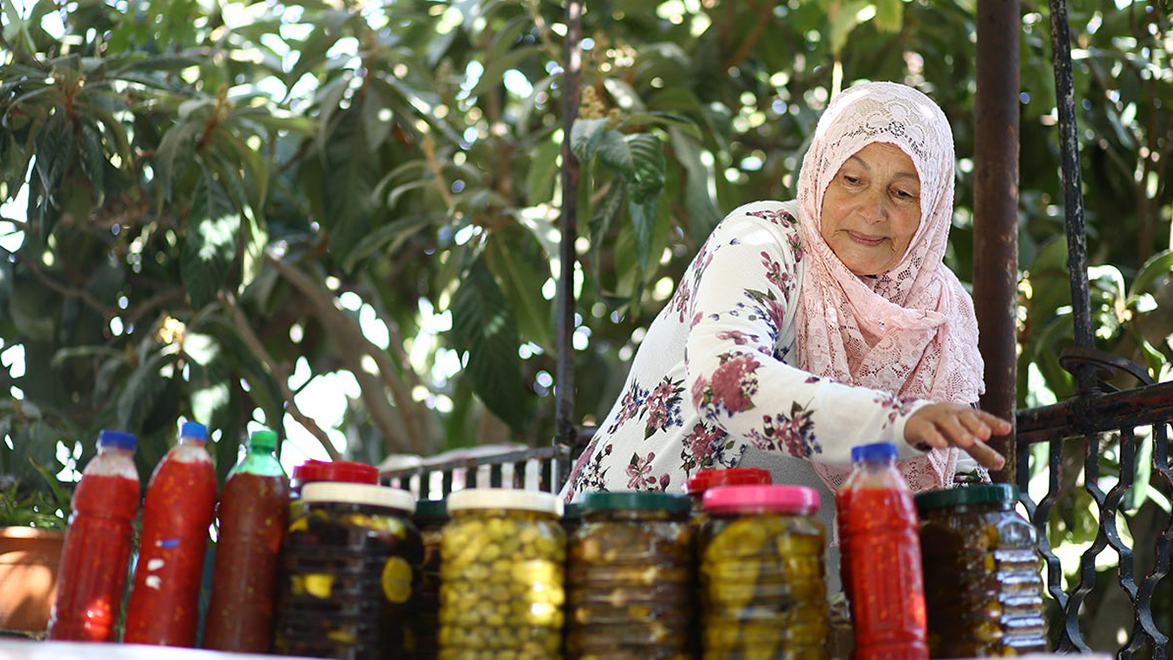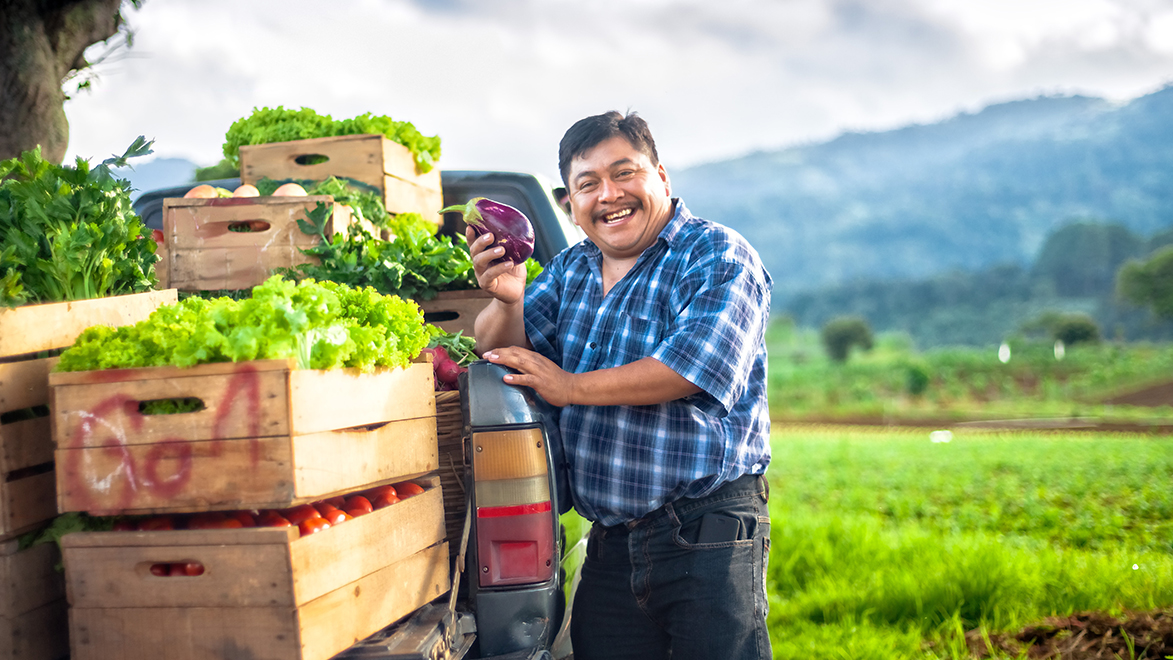SDG 11
Supporting African Cities in the Face of Climate Change
REPORT Since 2019, Expertise France has supported the signatories of the Covenant of Mayors for Sub-Saharan Africa in the planning and implementation of climate and energy plans.
By 2050, the urban population in Africa is expected to rise from 400 million to 1.26 billion. In Sub-Saharan countries, cities’ rapid growth raises many questions, especially with regard to climate change mitigation and adaptation, as well as access to affordable, reliable, and sustainable energy.
Since 2015, the European Union has been funding the Covenant of Mayors for Sub-Saharan Africa (CoM SSA) to support the region’s cities in their fight against climate change and their efforts to guarantee access to clean energy for their populations. This initiative is being implemented by four European agencies, including Expertise France and AFD.
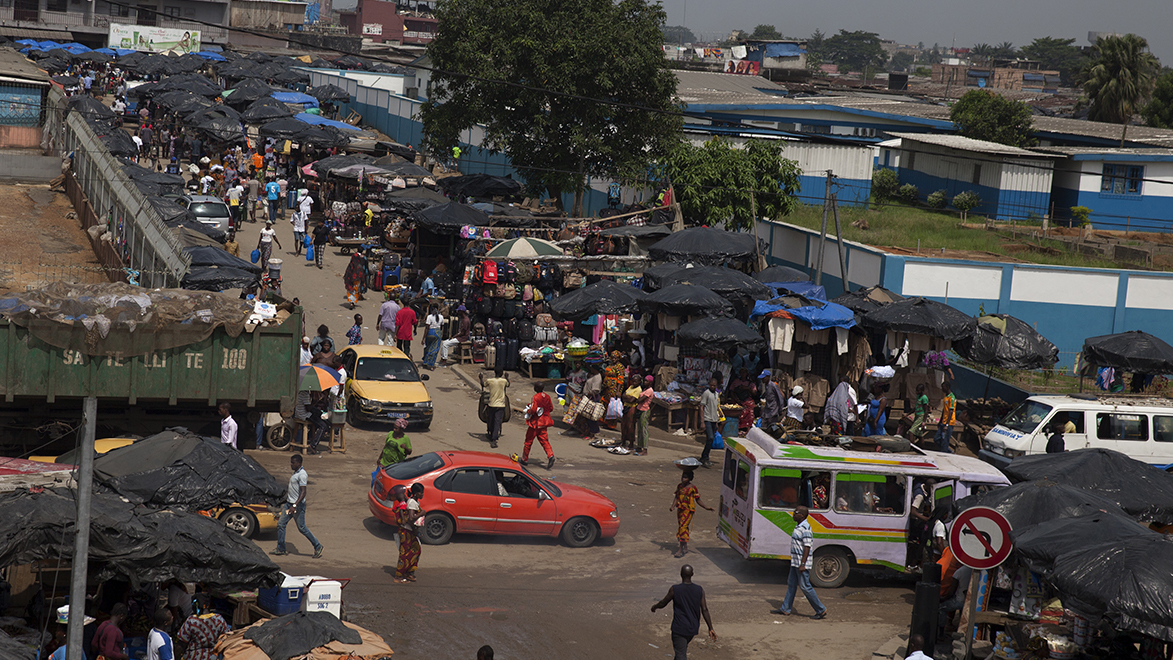
Support to CoM SSA contributes to building more sustainable cities in Sub-Saharan Africa.
Assisting African cities in their climate and energy actions
CoM SSA is a regional chapter of the Global Covenant of Mayors for Climate and Energy, an international alliance of cities and local governments working together for a low-carbon, climate-resilient future. This initiative comprises 36 countries and 9 out of the 15 largest African cities, for a total of 137 million people. It aims at multiple targets:
- Strengthening cities’ capacities to develop and use planning and implementation tools in the areas of energy, mobility, and urban planning
- Promoting legal and institutional frameworks tailored to the issues of climate change and energy transition
- Supporting local authorities’ technical and resource mobilization capacities
- Promoting the diffusion of good practices
The project’s implementation rests on three pillars: the development of Sustainable Energy Access and Climate Action Plans (SEACAPs), urban infrastructure project support, and city-to-city/regional partnerships and exchanges.
By 2050, the urban population in Africa is expected to rise from 400 million to 1.26 billion.
Real Progress in Togo, Kenya, and Uganda
The third phase of the project, running since 2019, has already yielded real progress for African partner cities. In Togo, CoM SSA provided assistance in the design of climate and energy plans for the cities of Kloto 1 and Tchaoudjo 1. To facilitate the mainstreaming of climate goals into local plans, it also supports the country’s 59 cities that opted to participate in the project with a decentralized approach. These cities created a network enabling the sharing of good practices and benefitting from the feedback of more experienced cities. At the same time, local communities’ capacities were strengthened through practical workshops designed for technical teams and elected officials.
In Kenya, Expertise France helped Kisumu County design its sustainable energy access and climate action (SEACAP). The agency also helped the country implement its decentralized cooperation initiatives. Among the pilot projects deployed in Kisumu are constructing a biodigester, setting up a plant nursery, and awareness campaigns for recycling.
Finally, in Uganda, the cities of Kampala and Kasese are being supported through the implementation of their SEACAP. A monitoring mechanism for air quality is being designed in Kampala. The objective is to isolate the main air pollutants and propose relevant actions to improve living conditions for the capital’s population.
Achieving SDG 11
The Sustainable Cities and Communities sustainable development goal aims to renovate and plan cities to provide everyone with decent living conditions: air quality, access to energy, transportation, and housing. Expertise France supports partner countries in the deployment of local public policies addressing those issues.
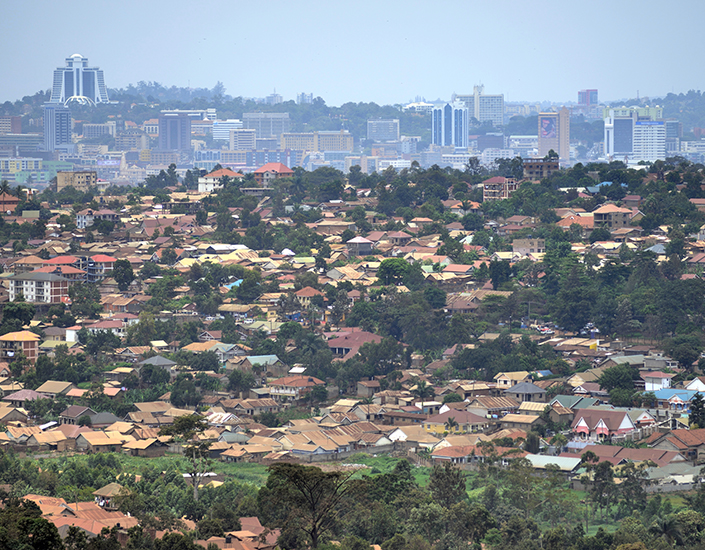
Further reading








